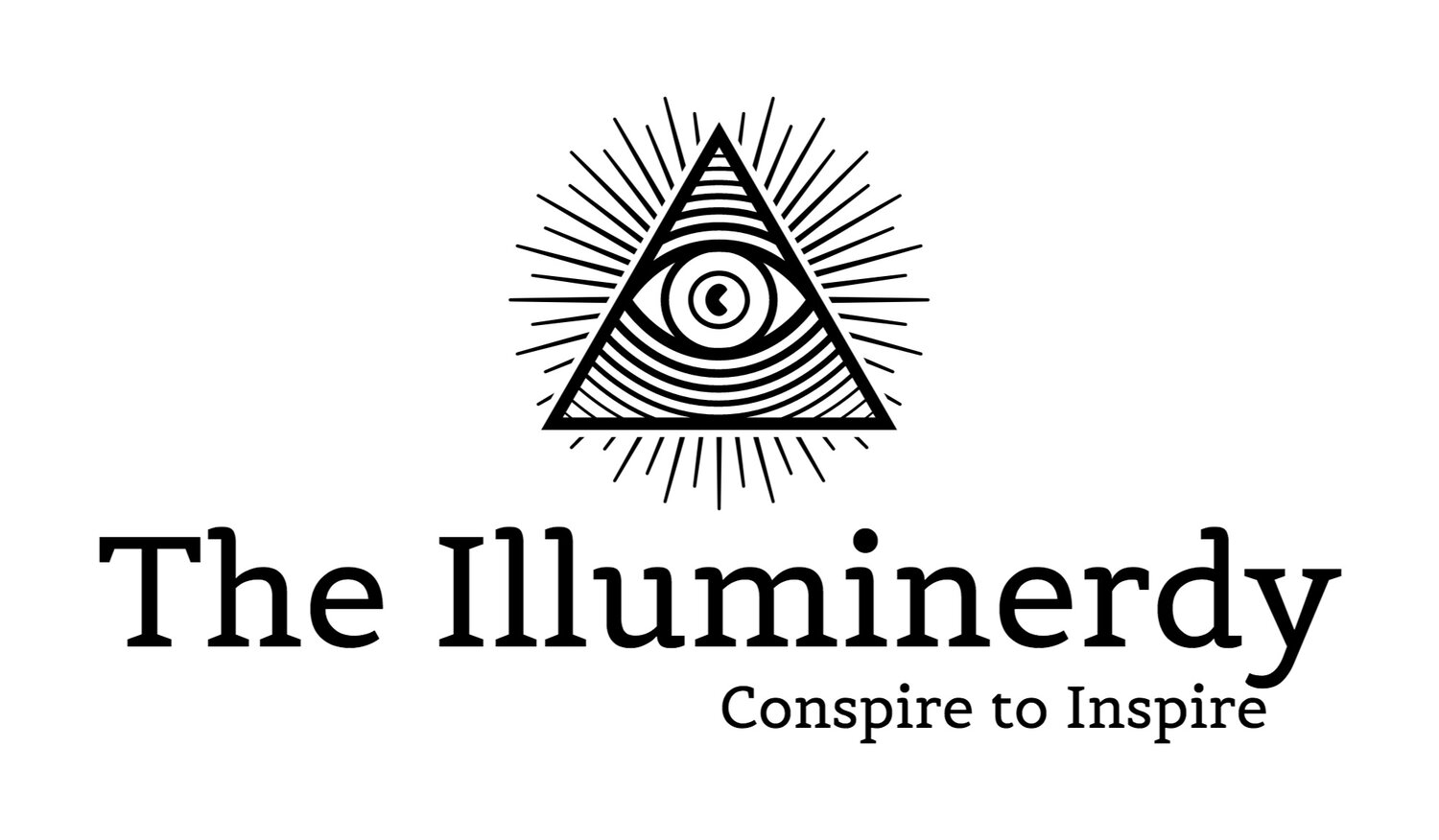Today, I'm super excited to share a guest post from a kick ass guy, Kirin Robinson. Not only is he a great friend, he's one of my favorite people to game with. As a GM and a player. (You should ask him about his Robo-Roach some day.) As if that wasn't enough of an endorsement, Kirin's also an ENnie winning game designer. His RPG, Old School Hack, is a freaking love letter to Dungeons and Dragons and - if you haven't - you should download and play it.
ANYWAY. I'm going to stop rambling about how awesome I think Kirin is and read his thoughts on elegance in game design.
* * * * *
At one point I stood on a stage in front of some of the coolest people I never thought I'd get to address: a room full of roleplaying game designers. This was because all of a sudden I was one, when a tiny little homebrewed game I made, really just some stuff for my own gamer buddies that I also threw up on the internet, had somehow caught on enough to win an award. Humblebrag alert!
"I'm up here as a fan", I said, "and the real honor is to be counted among you, because you folks have committed yourself to the simple idea of trying to make other people be happy and have fun. Sometimes we forget how awesome that is, so it's very important to me that you get thanked for that." I may not have said those exact words because it was hard to hear myself with my heart thumping in my ears like that, but I'm pretty sure it was something to that effect.
That's right, I'm a roleplaying game fan. I love games. Reading them, playing them, talking about them. I talk about games so much that I get into arguments about the right way to have fun which – let's be honest – is sort of the stupidest thing ever to get into an argument about. I'm not alone, either, the internet is rife with gamers arguing so much about the games they love that sometimes it feels like no one actually loves any games or has any fun at all.
There's this weird thing about gaming – I should clarify that I'm talking about tabletop gaming here, which requires this extra level of commitment on the part of its participants beyond plopping down on a couch and grabbing a controller – which is that it seems to simultaneously be sort of the awesomest, funnest thing ever that you can Really Fall In Love with, and that it also is sort of best when it's No Big Deal. At least in my experience. I think gaming IS a big deal and I think it helps make good people be awesome people, but you'd never catch me saying so on, like, a nerd blog or in public or anything. But on a pretty important level it very often requires a certain kind of easy-going casualness to help grease the wheels of the whole "let's voluntarily do a bunch of dice-rolling and follow a bunch of rules in order to just sort of see what happens when we do" and when most people get into arguments about the right way to have fun. I can't help but often look past that and feel the problem is a lack of that easy-goingness.
In designing a game, this dichotomy really sort of challenged me. I was used to the roleplaying game books I have read having a fairly insistent tone, "Hey, do it this way," and of course that totally makes sense but then - on this other level - pretty much every time I'm introducing someone new to tabletop roleplaying I'm saying all this other stuff like "Don't worry about the rules too much," "Relax, everyone's here just to have fun," "It's more about catching a vibe and having fun being awesome," and "Don't take things too seriously, just kind of go with it." I don't usually think about what I mean when I'm saying this, I'm just trying to diminish the funny sort of performance anxiety and complexity fear that newbie gamers usually bring with them.
But when I sat down to think about how I was going to tell people to roll dice and pretend things were happening, I just, I don't know, I realized how risky game design was. It's really asking a lot from people. It made me very uncomfortable and I had to figure out why. I didn't want to out-and-out tell people, "Don't take this too seriously, have fun and also be nice to each other," because that sounded both presumptuous and pedantic, but I kind of wanted that message to come through with every rule I wrote. And that's when I realized I was kind of a damaged gamer and was thinking too hard about it.
Game design, when it's elegant, is a thing of beauty. But I'm starting to think that inelegant game design (and there's a lot of it out there if we want to be brutally honest) isn't that bad - or even that important. There's that No Big Deal thing again, we should not be so full of ourselves that we walk on eggshells with our audience, because a) I've seen a lot of that audience, and fucking please. and b) the BEST thing about gaming is this beautiful accessibility of creation that it inspires, and standards are great and important and all but we're no longer in a world where clueless idealists are mortgaging their houses to publish a fantasy heartbreaker to the sound of crickets.
Consider this a pretty loud and vocal MAKE SOMETHING plea. Wanna see more stuff, and your stuff is probably more awesome than you think. Game design is Awesome and Enriching and Good for the World and Hard to Do Right. It's also No Big Deal. So go do some. Thanks!

